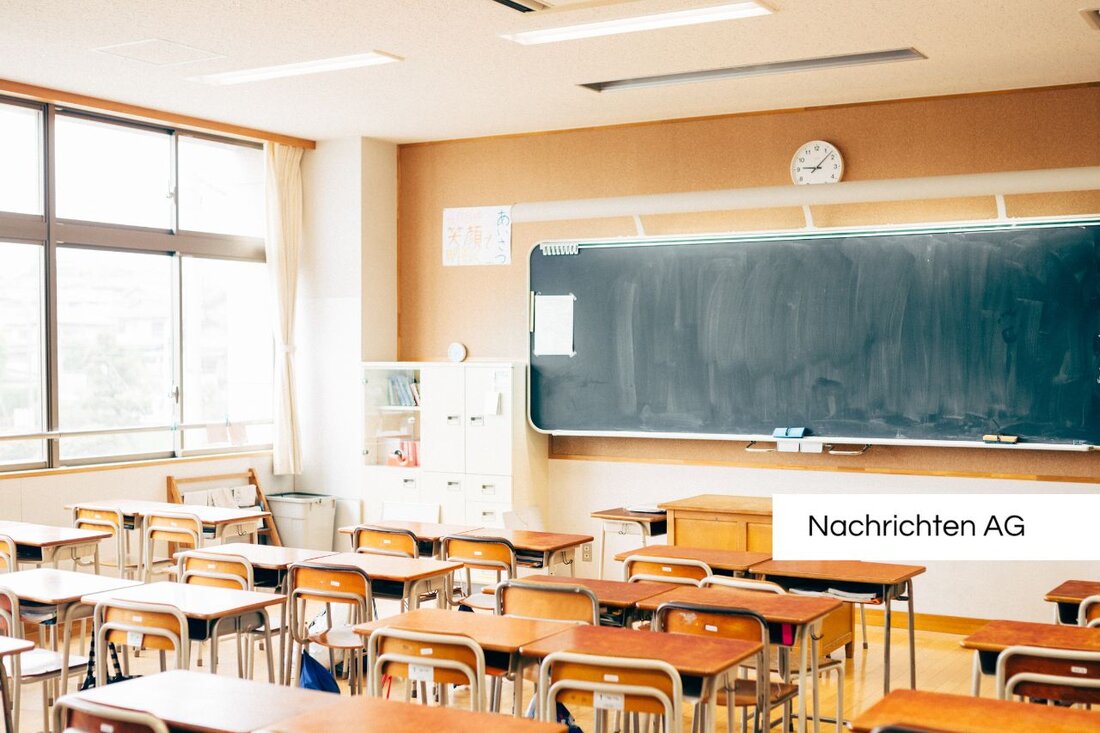Educational emergency: Millions for refugee children remain unused!
Ministry of Education promotes refugees: Many funds remain unused. Differences between federal states.

Educational emergency: Millions for refugee children remain unused!
The Ministry of Education has provided a temporary funding in the amount of 383 positions to support refugee children and adolescents for the winter semester 2023/24. Despite these initiatives, however, only 62 percent of these funds were accessed, as a parliamentary request from the FPÖ reveals. The differences in the use of funds are regionally significant.
In some federal states, such as Upper Austria and Tyrol, the funds provided were completely used, while others, such as Salzburg, have called up less than 20 percent of the funds. In Vienna, only a third of the means offered were called up, which causes concern about the integration of these vulnerable groups. The Minister of Education, Martin Return, had already announced in April to expand German funding and to lift the prior cap. In the current school year, 391 positions are available as a earmarked quota.
regional imbalance in the use of funds
The percentage of the funds called not only vary regionally, but also indicate different challenges. In addition to the lack of teachers, which plays a role in some regions, the different support requirements in schools also influence the use of financial resources. While Carinthia with 89 percent and Lower Austria performed 62 percent in midfield, Styria, Vorarlberg and Burgenland even listed less than 50 percent.
The reasons for the insufficient exhaustion of the available funds are complex. A central point is the distribution of additional contingents for German funding. This potentially paralyzes the rapid integration of refugee children and adolescents who urgently need support.
educational integration in Germany
In the context of the integration of refugee children and adolescents, it is important to shed light on both the Austrian and the German perspective. In Germany, an event recently took place that dealt with the educational integration of these groups. Experts like Dr. Oliver Winkler from the University of Halle, who heads the "Edireg" project, discussed the educational situation of refugee children and young people in the German education system. Both qualitative surveys and secondary data records were used to offer a comprehensive picture of the challenges.
Anja Treichel from the Federal Parental Network of the Migrant Organizations for Education & Participation and Klaus-Peter Müller, head of staff for educational regions in Duisburg, also participated in the discussion. The event aimed at illuminating the current educational situation of refugee children and adolescents and showing options for action.
In conclusion, it can be said that extensive efforts are necessary in both Austria and Germany to facilitate the access to education and promote their integration sustainably. The different models and their effectiveness are the focus of the current discussions.
 Suche
Suche
